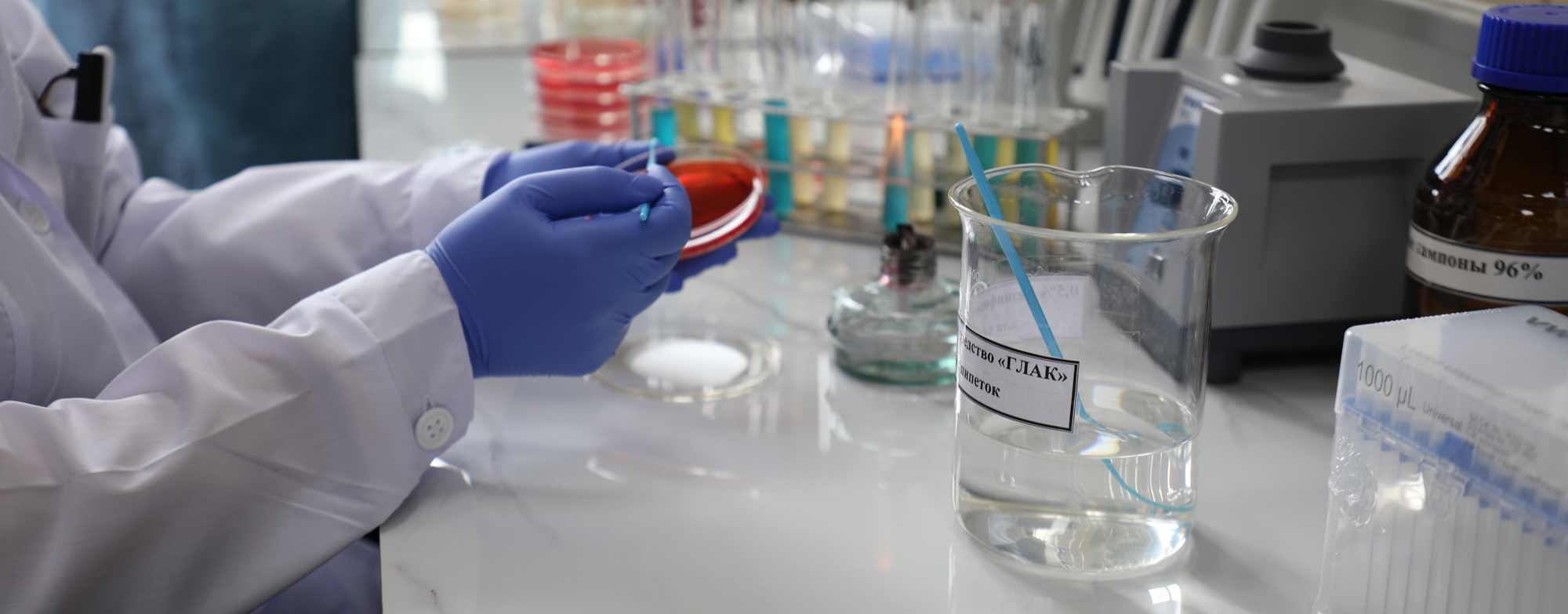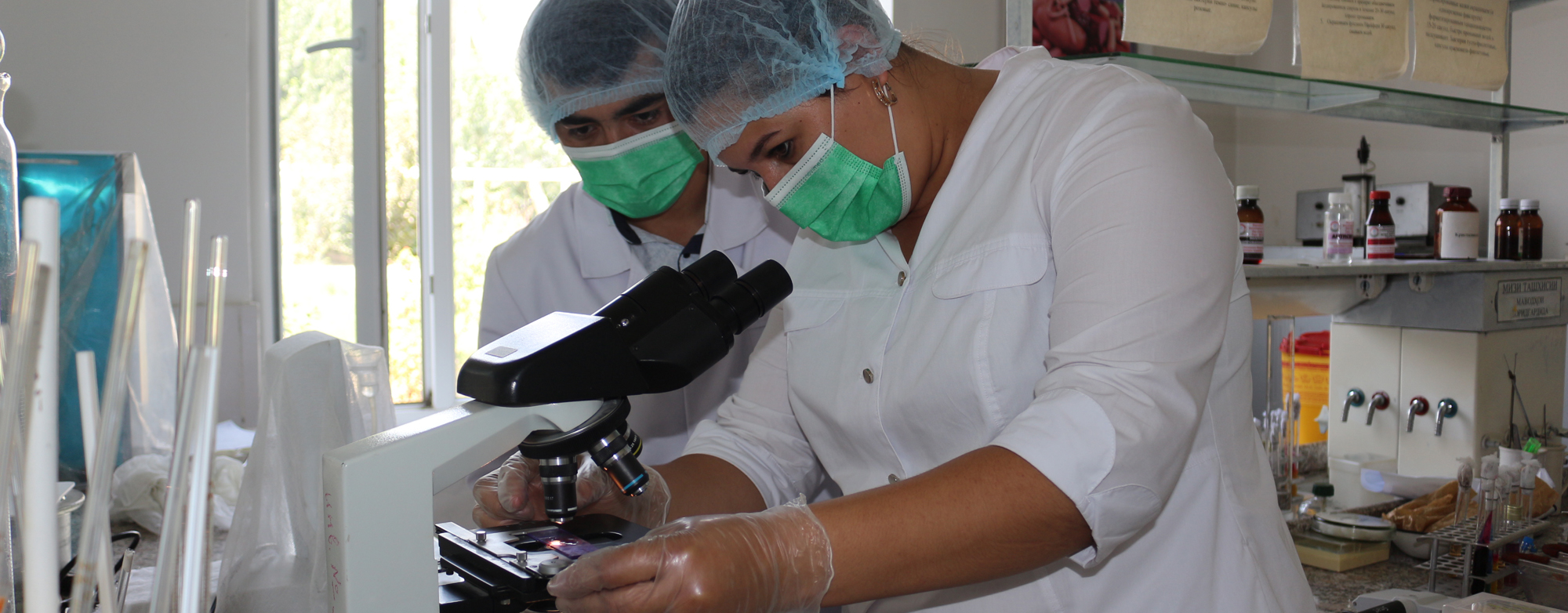
Safeguarding every bite: A journey to strengthen food safety in Tajikistan
When Parvina Abdulloeva steps into the laboratory each morning, she doesn’t just see microscopes and petri dishes – she sees potential. Potential to protect families, to help poultry farmers grow their businesses, and to ensure every plate in Tajikistan holds food that is safe and nourishing.
At just 30 years old, Parvina is already a senior specialist at the Food Safety Department of the National Diagnostic Centre under the Committee for Food Security of the Republic of Tajikistan and represents a new generation of specialists who are quietly transforming food safety in the country.
Growing up in Sughd, Parvina often wondered if food safety standards were being followed. That curiosity led her to study food production technology, and after graduating in 2017, she began her career in animal breeding before shifting to food safety. She joined the National Diagnostic Centre in 2023, only to find outdated equipment, Soviet-era methods, and minimal resources. “I loved my work, but it felt like trying to fly with clipped wings,” she recalls.
A turning point: FAO’s support through the Pandemic Fund
Everything changed in 2024 when FAO, under the Pandemic Fund Project, launched a regional initiative on Pandemic Preparedness and Response through a One Health Approach in Central Asia. For Parvina, this wasn’t just a training program – it was the spark that reignited her purpose.
She attended trainings on Salmonella and Brucellosis detection, gaining hands-on experience with modern testing methods, bacterial planting, antimicrobial resistance testing, and equipment. Among the most impactful experiences was her successful completion of Brucella ELISA training. For the first time, she applied internationally recognized serological methods to detect one of the most serious zoonotic threats in Tajikistan. This achievement gave her the confidence to perform Brucella diagnostics and contribute meaningfully to national surveillance efforts.
“By mastering Brucella ELISA testing, I realized the real connection between laboratory science and public health,” says Parvina. “These new skills allow me to contribute to the prevention of zoonotic diseases that affect both animals and people – and that is the essence of One Health.”
During one of the trainings the trainers discovered a high-tech diagnostic machine sitting unused in the lab – no one had ever managed to get it working. The FAO expert calibrated it, trained Parvina and the lab team, and for the first time, it came to life.
“We were thrilled. We even created a film demonstrating how we use it. For me, that was a moment of transformation – not just for the machine, but for us as specialists.”
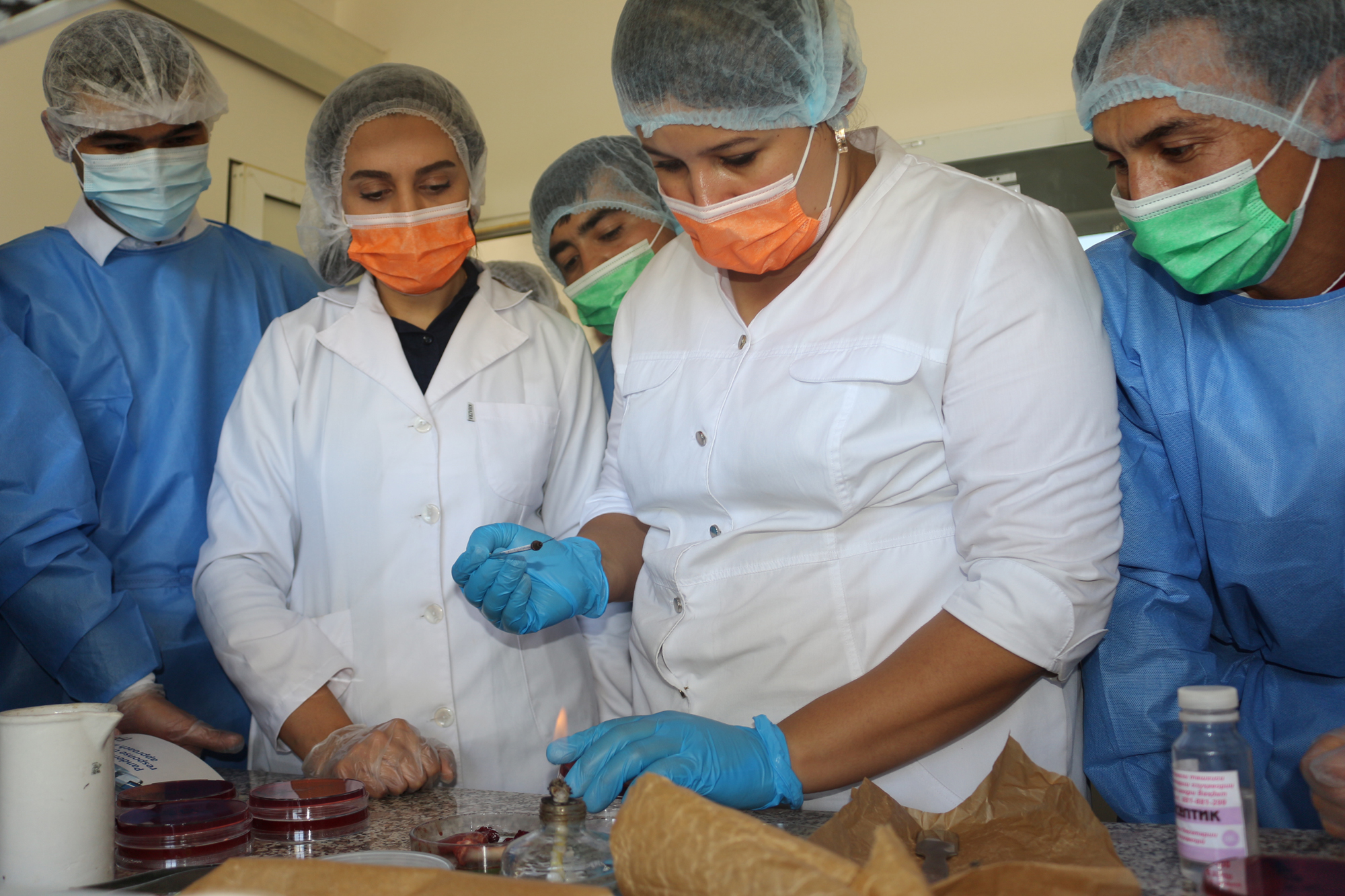
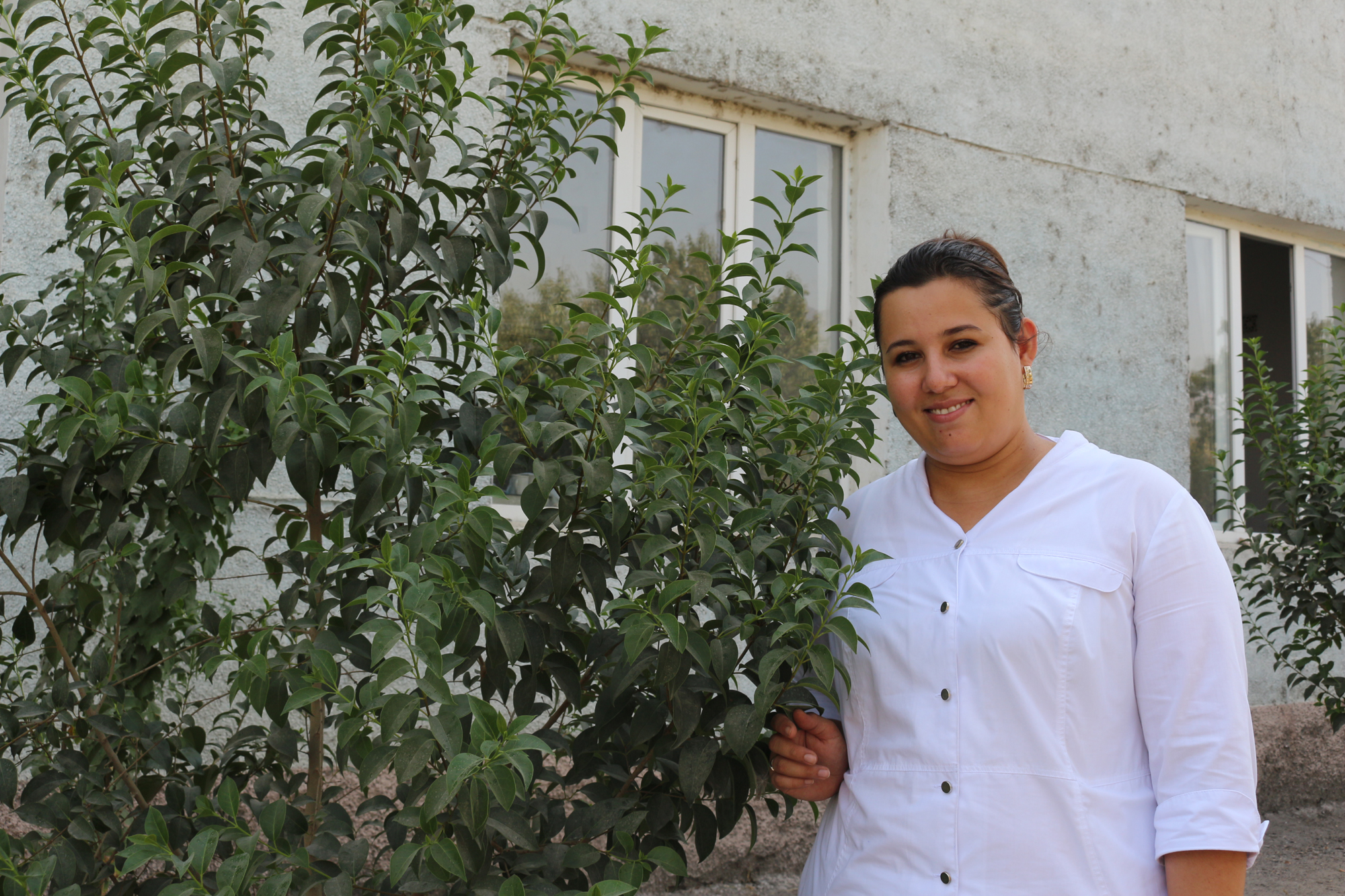
Empowered by knowledge, strengthened by a network
Through FAO's support, Parvina and over 120 lab specialists across Tajikistan were trained in outbreak response, sample handling, and surveillance. These efforts cut diagnostic turnaround time by 30 percent and improved national response to diseases like avian influenza, anthrax, and brucellosis.
“Now, I don’t just fill out paperwork – I perform real testing. And I see how it helps both producers and consumers. We’re not just testing samples. We’re giving food producers a green light to grow. And we’re giving families peace of mind that their meals are safe,” says Parvina. Her lab work supports more than 120 poultry companies in Sughd region, helping them ensure their products are safe and boosting public trust in local food.
The trainings didn’t just build skills – they built a nationwide network of lab specialists who now collaborate, share findings, and elevate standards. Together, they are turning a once-isolated workforce into a professional community.
“Food safety is Tajikistan’s third national priority, with many state programs supporting this effort,” said Islom Rahimiyon, Head of the National Diagnostic Centre in Khujand. “Zoonotic diseases like brucellosis, anthrax and avian influenza pose serious risks to public health and livestock. Strengthening our diagnostic capacity is vital. Despite challenges such as outdated equipment, our partnership with FAO has significantly improved lab capabilities. Trainings on Brucella ELISA, bacteriology, and AMR have boosted our technical skills and accuracy. FAO’s support is helping us build a safer food system and protect citizens from zoonotic threats.”
Looking ahead: A vision for Tajikistan’s future
Parvina is now part of a growing national network of lab experts, collaborating and sharing best practices. Looking ahead, she hopes to lead trainings herself and advocate for modernizing more district labs across Tajikistan.
“I come to the lab every day full of energy. This work matters. It protects people – and helps our country grow.”
Through FAO’s support and her unshakable dedication, she has not only elevated her own career but also strengthened Tajikistan’s capacity to detect, respond to, and prevent foodborne illnesses and zoonotic diseases. A big transformation is underway – powered by knowledge, mentorship, and one woman’s dream to make every bite of food in her country a safe one.
Find out more
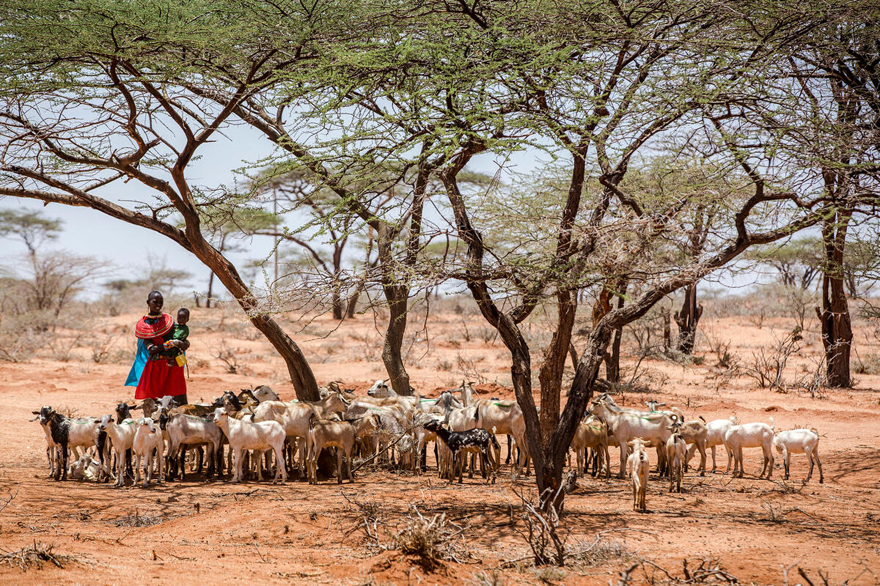
Projects
The Pandemic Fund
FAO is co-leading the implementation of 32 Pandemic Fund projects worth over USD 165 million aimed to boost local and global health security.
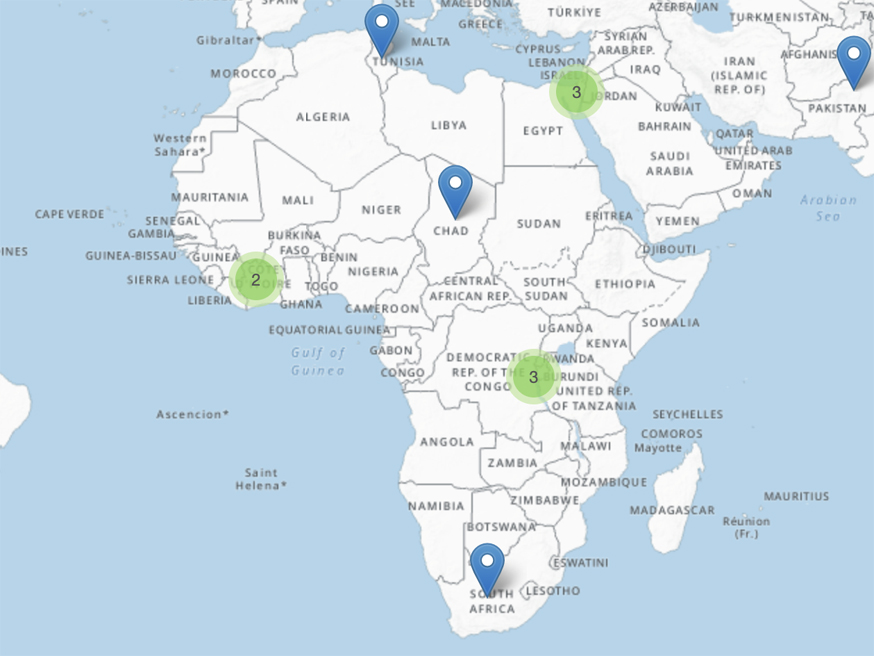
Projects
Pandemic Fund projects
FAO is co-leading the implementation of 32 Pandemic Fund projects worth over USD 165 million aimed to boost local and global health security.

